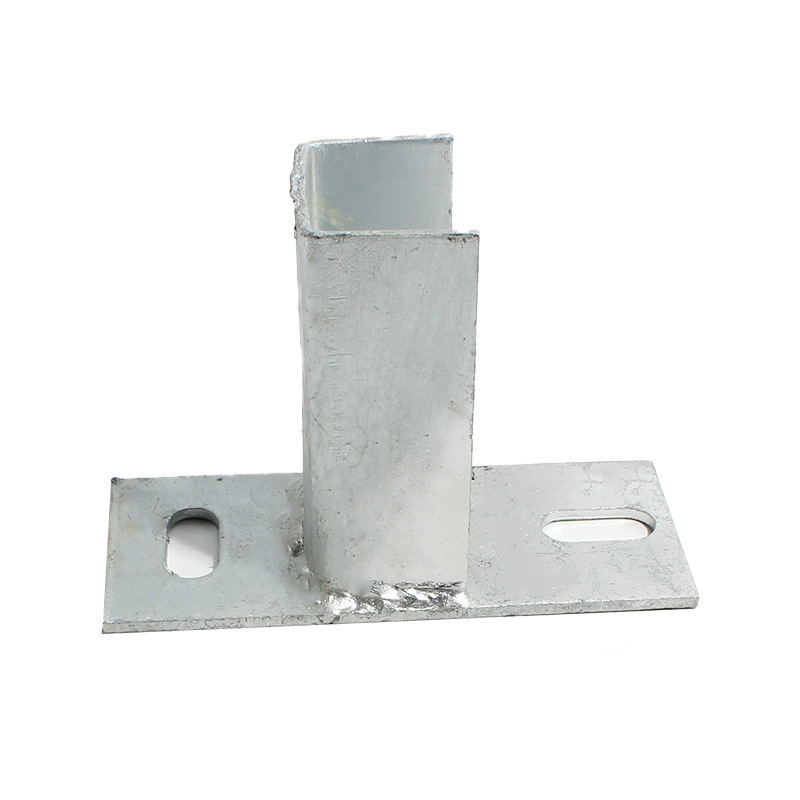

high-strength m36 stud bolt specifications and
Oct . 06, 2024 05:17 Back to list
high-strength m36 stud bolt specifications and
Understanding High-Strength M36 Stud Bolt Specifications
High-strength M36 stud bolts play a pivotal role in various engineering applications, particularly in construction and heavy machinery. These bolts are recognized for their excellent mechanical properties, which make them suitable for demanding environments requiring reliability and performance.
Specifications
The M36 designation indicates that the bolt has a nominal diameter of 36 millimeters. High-strength stud bolts generally conform to specific international standards, such as ASTM A193 and A320, which classify them based on their chemical composition and mechanical properties. These standards ensure that the bolts meet stringent criteria in terms of tensile strength, yield strength, and elongation.
A typical high-strength M36 stud bolt has a minimum tensile strength of 800 MPa, although grades like 10.9 and 12.9 can achieve even higher values, making them suitable for high-stress applications. The yield strength often reaches 725 MPa and up, ensuring the bolt can withstand significant loads without deforming. The elongation percentage, which indicates the bolt's ability to stretch before breaking, is typically around 10% to 12%, adding to its durability.
Materials and Coating
high-strength m36 stud bolt specifications and

High-strength M36 stud bolts are commonly made from alloy steel, which contains various elements such as chromium and molybdenum to enhance strength and corrosion resistance. The material's properties can be further improved through heat treatment processes like quenching and tempering.
Coatings also play a crucial role in enhancing corrosion resistance and ensuring longevity. Common coatings include zinc plating, hot-dip galvanizing, and black oxide finishes. These coatings protect the stud bolts from environmental factors such as moisture and chemicals, which can lead to rust and degradation over time.
Applications
The applications for high-strength M36 stud bolts are extensive. They are widely used in construction for securing structural elements, in the automotive industry for assembling parts, and in industrial machinery where components must withstand high loads and stresses. Their strength and reliability make them ideal for critical applications such as bridges, high-rise buildings, and heavy-duty equipment.
Conclusion
In summary, high-strength M36 stud bolts are essential components in various industries, offering remarkable strength and reliability. Their specifications, including tensile and yield strength, material composition, and coatings, determine their suitability for specific applications. Understanding these parameters is crucial for engineers and designers to select the right fasteners for their projects, ensuring safety and longevity in the structures and machinery that rely on these robust fastening solutions.
Latest news
-
High-Strength Hot-Dip Galvanized Bolts-Hebei Longze|Corrosion Resistance&High Strength
NewsJul.30,2025
-
Hot Dip Galvanized Bolts-Hebei Longze|Corrosion Resistance&High Strength
NewsJul.30,2025
-
Hot Dip Galvanized Bolts - Hebei Longze | Corrosion Resistance, High Strength
NewsJul.30,2025
-
High-Strength Hot Dip Galvanized Bolts-Hebei Longze|Corrosion Resistance, Grade 8.8
NewsJul.30,2025
-
Hot Dip Galvanized Bolts-Hebei Longze|Corrosion Resistance,High Strength
NewsJul.29,2025
-
High-Strength Hot Dip Galvanized Bolts - Hebei Longze Metal Products Manufacturing Co., Ltd.|corrosion resistance&high strength
NewsJul.29,2025

